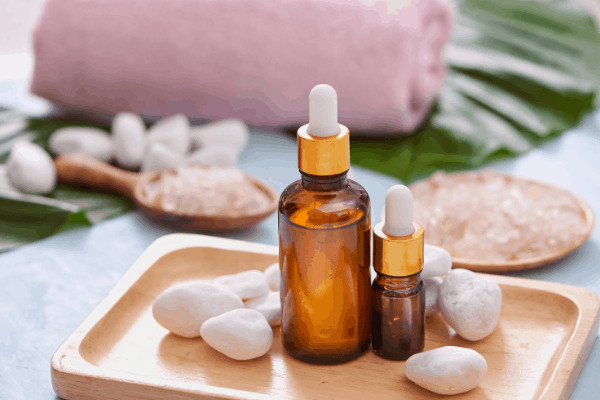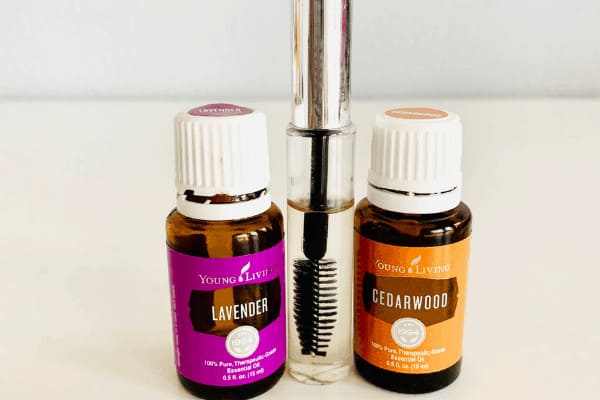Eyelid surgery, medically known as blepharoplasty, can tighten loose upper eyelid skin and reduce puffiness and wrinkles around the eyes for a refreshed appearance. It can also address sagging lower eyelids. In the procedure, your surgeon will cut in your natural eyelid crease, remove or redistribute excess muscle, fat, and skin, and then stitch the cut closed. Before your surgery, there are several things you should know. So, let’s read more about it.
Schedule Your Consultation
A great place to start is a consultation with a Bellevue plastic surgeon. It’s essential to choose a physician with extensive facial plastic surgery training and an impressive academic record. You’ll want to ask your surgeon about their credentials, how many eyelid lifts they have performed, and what results you can expect. You may also want to ask for a portfolio of before-and-after photos from previous patients. During the surgical procedure, your doctor will create minor upper and lower eyelid cuts. They will then remove excess fat, skin (and muscle, if needed) and close the cuts. Patients often receive stitches in their upper lids, but those are usually removed during a follow-up appointment.
Be Prepared for Bruising
It’s normal to have bruising and swelling after eyelid lift surgery. It’s what makes the procedure effective at reducing puffy eyes. But the bruising and swelling usually lessen within a week. Protect your healing incisions from the elements during this time. It means wearing dark sunglasses and a hat when you go outside. It also means not rubbing your eyes, which can increase the bruising and swelling. Doctors will provide you with a prescription for pain medication and Tobradex, an ointment that promotes healing. In the meantime, Tylenol can be taken for any minor discomfort. Also, avoid drugs and supplements that thin your blood, like aspirin, ibuprofen (Advil, Motrin IB), St. John’s wort, and flaxseed oils.
Be Prepared for Swelling
The first day after your blepharoplasty surgery, you may notice a lot of swelling. It is normal and will decrease with time. Sleeping with your head up will help reduce swelling. Taking cold compresses can also help. It is important to avoid rubbing your eyes and to follow our post-op instructions. You should avoid taking any medications or dietary supplements that could increase bleeding or bruising.
Buy some thick cover-up makeup that you can use to camouflage any bruising or redness while your incisions heal. Before your procedure, you should also prepare a place to rest with your head elevated and stock up on easy-to-prepare foods and beverages. It would help if you also stopped smoking for two weeks before and after your eyelid lift.
Be Prepared for Pain
During surgery, your eyelids will be anesthetized to ensure that you do not feel any pain. Afterward, you may experience some discomfort and bruising. Cold compresses and prescribed pain medication can help minimize these side effects. It would help to elevate your head while sleeping or lying down to promote healing and reduce bruising and swelling.
You should prepare ahead of time to take some time off from work or other daily activities to allow yourself adequate time to recover. To prevent overstretching yourself, keep easy-to-prepare foods in your pantry and assign a friend or family member to help with any other obligations you have. Also, be sure to buy plenty of ice to keep on hand for use during recovery. It would help if you also were prepared to apply antibiotic ointment formulated for eyelid use thrice daily.
Be Prepared for Recovery
During recovery, your eyes may seem sticky or itchy, and you may have difficulty keeping them moist. It is an entirely normal part of your healing journey.
It is essential to rest and keep your head elevated as much as possible while you recover. It’s also helpful to avoid activities that can strain or stress the eye area because this can increase blood flow and cause bleeding. It includes reading, watching TV, and even using a computer. You should also avoid medications and supplements that could aggravate bleeding and bruising (such as fish oil, vitamin E, and cranberry extract) and instead opt for acetaminophen pain relievers like Tylenol. Be patient as you recover from your eyelid lift, and follow our aftercare instructions to ensure proper healing.





